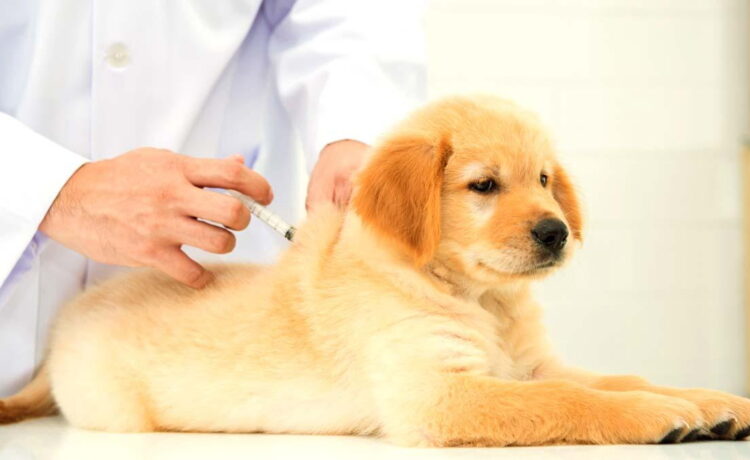Caring for your pet involves making informed choices about their health. Vaccinations play a key role in protecting your pet from serious illnesses. As a pet owner, you have the responsibility to ensure your furry friend stays healthy and safe. Vaccines work by preparing your pet’s immune system to fight off infections. Regular check-ups with a veterinarian in Nicholasville, KY, are crucial. During these visits, you will discuss a personalized vaccination plan. This plan considers your pet’s age, lifestyle, and exposure risk. Knowing which vaccines are essential helps you provide the best care. You will find that core vaccines are often recommended for all pets, while others depend on specific risk factors. A well-informed decision ensures your pet lives a longer and healthier life. Understanding the significance of these vaccines empowers you to be proactive in your pet’s health journey.
Why Vaccinations Matter
Vaccinations are your pet’s first line of defense against diseases. They protect not only your pet but also the community. Diseases like rabies and parvovirus are highly contagious and can spread quickly. By vaccinating your pet, you help prevent outbreaks in your local area. This responsibility ensures that both pets and humans stay safer.
Core and Non-Core Vaccines
Core vaccines are recommended for all pets regardless of their environment. They protect against diseases that are widespread and pose significant health risks. Non-core vaccines, on the other hand, depend on your pet’s lifestyle and potential exposure. Here are some examples:
| Vaccine Type | Core Vaccines | Non-Core Vaccines |
|---|---|---|
| Dogs | Rabies, Distemper, Parvovirus | Lyme Disease, Bordetella |
| Cats | Rabies, Feline Distemper, Calicivirus | Feline Leukemia, Bordetella |
When to Vaccinate
Puppies and kittens need early vaccinations as they are more susceptible to diseases. Initial shots are usually given at six to eight weeks of age. Booster shots follow every few weeks until they are about 16 weeks old. After this, pets typically require annual or triennial boosters. For more detailed schedules, refer to the American Veterinary Medical Association.
Possible Side Effects
While vaccines are safe, they can sometimes cause mild side effects. Common reactions include soreness at the injection site, slight fever, or tiredness. More serious reactions are rare but should be reported to your vet immediately. Knowing these side effects helps you monitor your pet and ensure their well-being.
Choosing the Right Vaccines
Every pet is unique. Age, health, and lifestyle all influence vaccine choices. Talk with your veterinarian to tailor a plan that fits your pet’s needs. This personal approach ensures your pet only receives necessary vaccines without unnecessary stress.
Cost Considerations
Vaccinations vary in cost depending on the type and your vet’s pricing. Investing in vaccines saves money in the long run by avoiding costly treatments for preventable diseases. Check with your local pet clinics or shelters for affordable vaccination options. Many places offer low-cost clinics to make sure every pet receives essential care.
Maintaining Vaccination Records
Keeping a detailed vaccination record is important. It helps track what your pet has received and when. These records are crucial for travel, boarding, or emergencies. They provide proof of vaccination status and ensure your pet gets timely updates.
Conclusion
Vaccinating your pet is a simple yet powerful way to protect them from disease. By staying informed and working with your veterinarian, you make the best health choices for your pet. Be proactive. Keep your pet’s vaccinations up to date and enjoy your time together without worry. For more guidance on vaccines, the Centers for Disease Control and Prevention offers reliable information.

